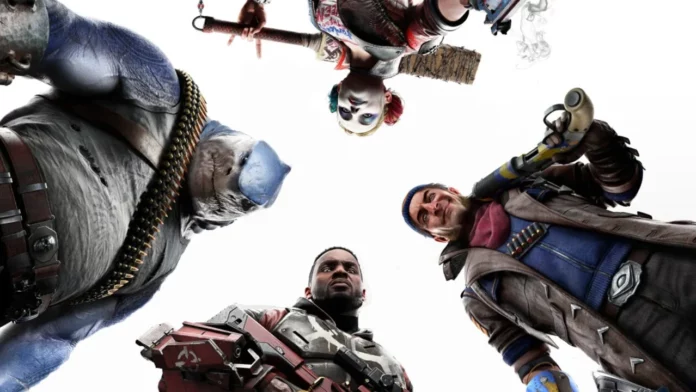Suicide Squad: Kill the Justice League was anticipated to be a monumental release, capitalizing on the rich lore of DC Comics and the technical prowess of Rocksteady Studios.
However, the game’s journey from announcement to launch was fraught with challenges and missteps.
Let’s delve into what went wrong with this ambitious title.
Development turbulence
Rocksteady Studios, known for their acclaimed Batman: Arkham series, embarked on developing the Suicide Squad game around 2017, following speculation and hope for a Superman title that never materialized.
The project faced “several false starts” and multiple delays, originally announced in August 2020 for a May 2023 release before being pushed to February 2024.
Transitioning to an “unfamiliar genre” of live-service shooters, like Destiny and The Division, the team grappled with creating a game that would stand out in a crowded market while still delivering a polished experience.
Misaligned expectations and the Arkham legacy
A significant point of contention among fans was the handling of beloved characters within the established Arkham universe.
Suicide Squad: Kill the Justice League was positioned as a sequel to Batman: Arkham Knight, stirring expectations for a narrative and gameplay experience that would honor its predecessors.
However, the game’s direction, including the portrayal of hero deaths and the shift towards a live-service model, disappointed many.
Players expressed frustration over the game’s narrative decisions, particularly the handling of iconic characters like Batman, which seemed to undermine the legacy of the Arkham series.
Also Read: Delta Force: Hawk Ops: Everything we know about the game
Gameplay and monetization concerns
When gameplay details were finally unveiled, they revealed elements that raised eyebrows: a Battle Pass, social tabs, loot, an in-game store, and the necessity of an always-online connection.
Such features fueled comparisons to controversial titles like Marvel’s Avengers, igniting debates over the game’s direction towards a live-service model.
Additionally, the gameplay showcased in February 2023, mere months before the planned launch, did not align with the expectations set by the franchise’s history, leading to a delayed release reportedly to incorporate an offline mode.
Public reception and criticism
The backlash wasn’t just limited to the game’s mechanics or narrative choices; it extended to the broader implications of its connection to the Arkham universe.
Fans voiced their discontent on social media and forums, criticizing the game for betraying the essence of the characters and stories that had been built over years.
The Arkham series, renowned for its storytelling and character development, set a high bar that Suicide Squad: Kill the Justice League struggled to meet in the eyes of its audience.
Suicide Squad: Kill the Justice League‘s rocky road to release underscores the challenges of developing within a beloved universe while attempting to innovate with game mechanics and monetization strategies.
For Rocksteady and the broader gaming industry, the reception to the game offers crucial lessons on the delicate balance between innovation and tradition, as well as the pitfalls of deviating too far from a winning formula.

